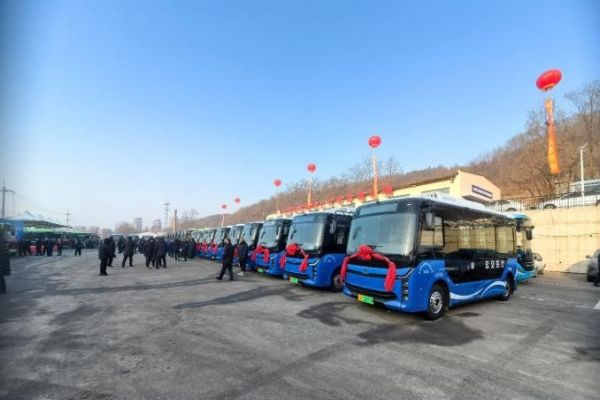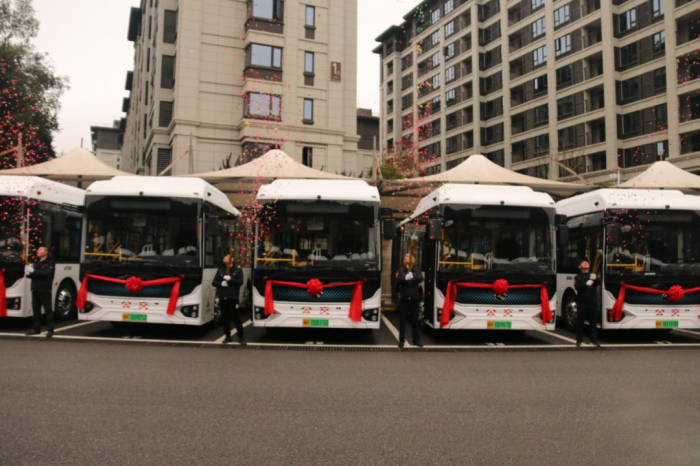A total of 5900 electric buses have been put into operation in Latin America
A total of 5900 electric buses have been put into operation in Latin America, with BYD,Foton,and Yutong dominating the market
According to data from E-Bus Radar,approximately 5900 electric buses are currently in operation in 41 cities across 12 Latin American countries. The program was launched in 2020, supported by the Zero Emission Bus Rapid Deployment Accelerator (ZEBRA), and is a collaboration between C40 cities and the International Council for Clean Transport (ICCT).
The development purpose of the E-Bus Radar platform is to monitor and geolocate electric bus fleets operating in Latin American cities. It also improves data transparency and quantifies the carbon dioxide emissions avoided by these vehicles during operation.
The development purpose of the E-Bus Radar platform is to monitor and geolocate electric bus fleets operating in Latin American cities. It also improves data transparency and quantifies the carbon dioxide emissions avoided by these vehicles during operation.
.png)
As of July 2024, a total of 5899 electric buses have been tracked. BYD leads Latin American teams with sales of 2600 vehicles, followed by Foton (1380 vehicles) and Yutong (840 vehicles).
Santiago, Chile remains the performance leader with 2480 operational vehicles, of which over half come from Foton (1338 vehicles, accounting for 54%), followed by BYD (791 vehicles). Currently, 214 Yutong buses are being delivered (as of August).
.png)
Chile has a total of 2659 electric buses in operation, followed by Colombia with 1590 electric buses in operation (of which 97% are BYD: 1547; 93% of electric buses are in operation in the capital Bogota, and as early as 2021, BYD had won bids for more than 1000 electric buses in Bogota). Mexico ranks third with 694 electric buses in operation, with Yutong ranking first (accounting for 70%). There are a total of 602 electric buses in operation in Brazil.
E-Bus Radar clearly demonstrates the advantages of electric buses and the potential to prevent premature death by improving urban air quality. According to the World Health Organization (WHO), approximately 90% of the global population is exposed to high concentrations of air pollutants, which have serious consequences for human health, such as respiratory and cardiovascular diseases. Replacing diesel buses, which cause increased air pollution and greenhouse gas emissions, with electric buses is an effective solution to this global problem.
Since its launch in 2019, the E-Bus Radar platform has become a regional reference, providing transparent and accessible data, highlighting the leadership position of Latin American cities in decarbonizing their bus fleets, and inspiring other cities to adopt cleaner and more efficient transportation solutions, "said Thomas Maltese, Senior Manager of the C40 Cities ZEBRA Alliance.
Related Products




.jpg)
.jpg)




